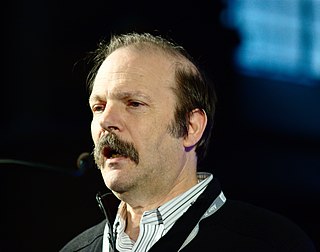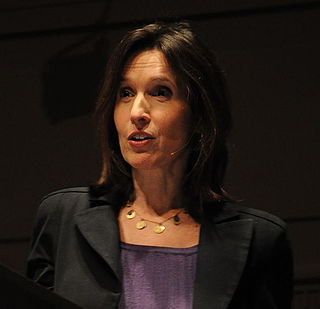A Quote by Nina Easton
Globalization is stirring widespread economic anxiety, and middle class incomes have stagnated while a class of super-rich has emerged.
Quote Topics
Related Quotes
While you can say that the problem of the middle class in the rich countries is too much globalization, the problem of the people who are very poor is really that they are not included in globalization. For them, the success of their own countries at becoming part of this international division of labor would be good news.
The historical basis for the gap between the black middle class and underclass shows that ending discrimination, by itself, would not eradicate black poverty and dysfunction. We also need intervention to promulgate a middle-class ethic of success among the poor, while expanding opportunities for economic betterment.
We are seeing a working-class, a middle class, which over the last three decades has seen their wages and income stagnate, while the very rich have seen their tax burden lighten in ways not seen in three or four decades. It's a face of a country that we need to look at and understand that inequality is perhaps the greatest threat to our economic recovery and democracy, and in that context we must take action.
The government decides to try to increase the middle class by subsidizing things that middle class people have: If middle-class people go to college and own homes, then surely if more people go to college and own homes, we’ll have more middle-class people. But homeownership and college aren’t causes of middle-class status, they’re markers for possessing the kinds of traits — self-discipline, the ability to defer gratification, etc. — that let you enter, and stay, in the middle class. Subsidizing the markers doesn’t produce the traits; if anything, it undermines them.

































